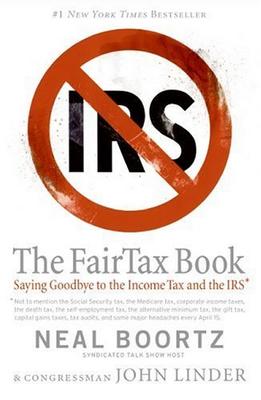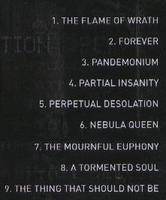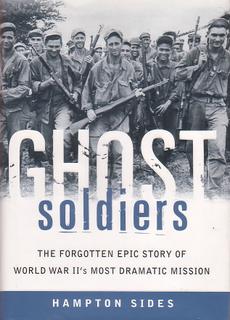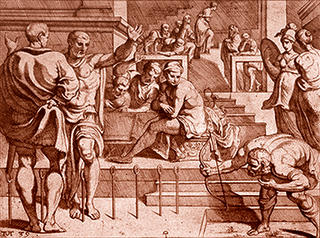Obey No One!!....except me

But reviewer Martin Austermuhle was most insightful when he explained how lead singer Billie Joe Armstrong dominated the night.
Nothing happened during Green Day's two-hour show that Armstrong didn't specifically orchestrate or command.
While amusing and engaging, Armstrong's able manipulation of the audience stood in stark and ironic contrast to the message of many of the band's songs -- don't be anyone but yourself and distrust authority. Armstrong managed to whip the audience into a quasi-militant frenzy, directing thousands of free-thinking Americans to pump their fists in unison while chanting "hey, hey, hey" repeatedly. The audience displayed a surprising alacrity to follow even the slightest hint of instruction from Armstrong, who clearly relished the power he wielded.
In the end, Green Day came off energetic while polished, punk rock while fully mainstream, dangerous and unpredictable while pre-packaged and choreographed. Dyed hair and piercings were balanced by $10 foam hand, $15 stuffed animals, $25 t-shirts, and $50 sweatshirts, all bearing the band's moniker. The band played like the biggest band on the planet -- which, after six awards at this year's MTV's Video Music Awards, they very well might be -- a band angry enough to appeal to rebellious teens but catchy enough to capture the attention of screeching 12-year old girls and their mothers.
Yet Austermuhle says this is a great concert? I don't get it.
I've got nothing against a great-sounding band, but part of Green Day's appeal, I think, to many youngsters is the persona they've created and the feeling they give to their fans. Fans listen to their music and think, "Yeah! I don't care what anybody thinks. I'm going to be myself and do whatever I want to do!"
Without psychoanalyzing this too much, I have to point out that the band is making a lot of money off of this empty feeling that doesn't match up with reality in their shows, and doesn't work in real life.
Despite Austermuhle's cluelessness about the meaning of his own insights, this review shows how so often those who scream (in this case literally) about doing whatever you want to do often have an agenda. In this case, one of those agendas no doubt involved the sale of those $50 sweatshirts.

































